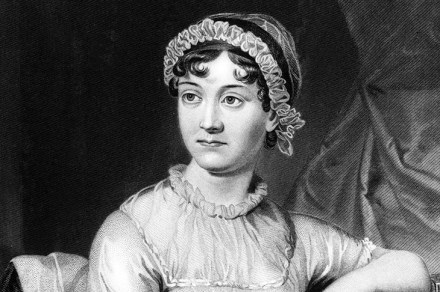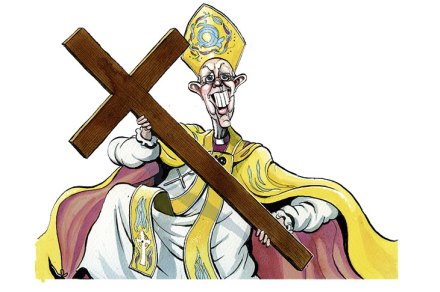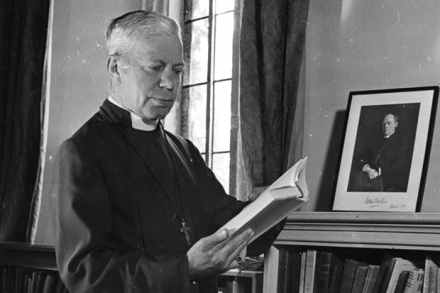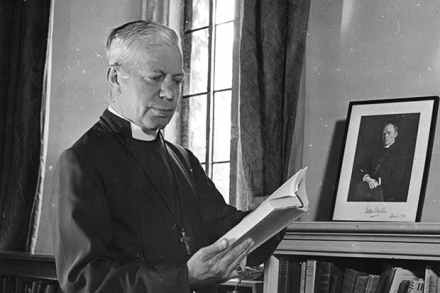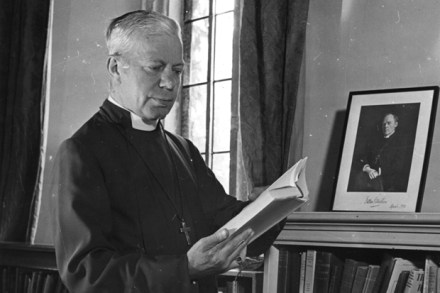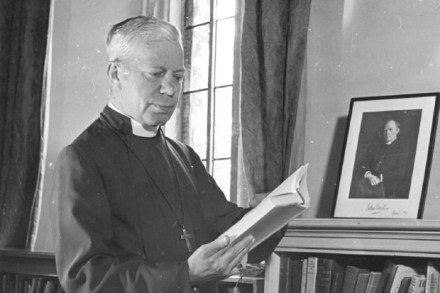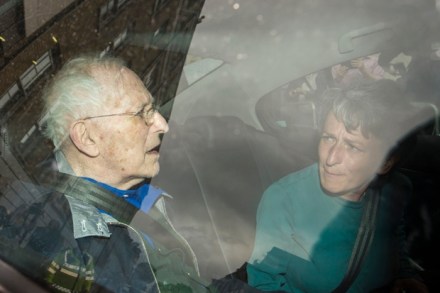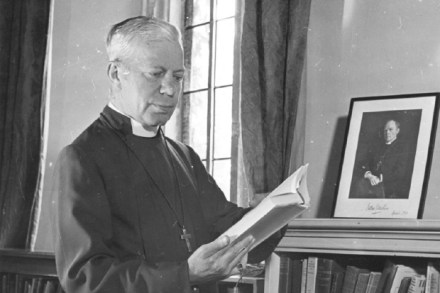The Spectator’s Notes | 18 July 2019
Seventy-five years ago on Saturday, the July plot failed. Claus Schenk Graf von Stauffenberg placed a bomb in a briefcase next to Hitler in the conference room of the Wolf’s Lair, but someone moved the briefcase a little. When the bomb detonated, the heavy conference table shielded Hitler from the blast. Stauffenberg and many other conspirators were caught. He was executed early the next morning. This Friday, in Christ Church, Oxford, a special service will commemorate the plot and all those who resisted Nazism in Germany. It will centre on the altar dedicated to George Bell, Bishop of Chichester, and the main external supporter of German Christian resistance to Hitler.
